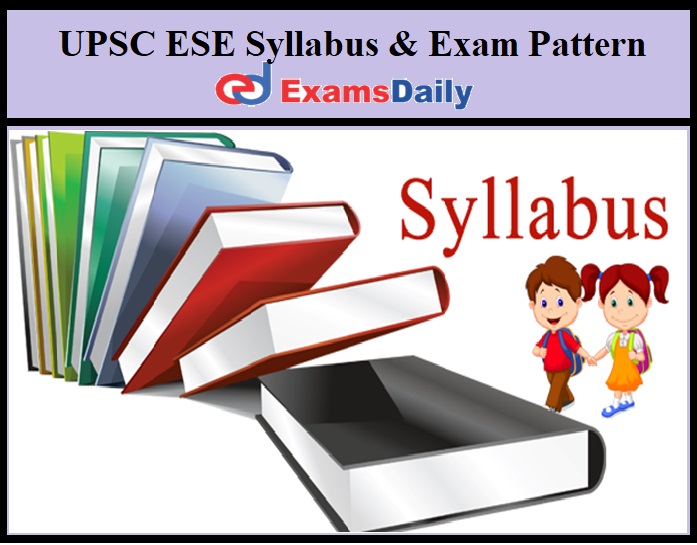During the Disaster relief operations, the powers of an IAS officer are given in the National Disaster Management Act. The different powers given to an IAS officer in maintaining law and order situation are mentioned in the different Sections of Criminal Procedure Code (CrPC). There are many laws in India, which list out the powers of an IAS officer. Essential Commodities Act, Drug Licenses Act, Arms Act mentions the different powers given to an IAS officer. IAS officers help in making sure that there is continuity in Governance even when there is change in Government. An IAS officer is the permanent part of the Executive which leads the Governance in India. IAS officers are responsible for implementation of welfare policies of the State and Central Governments. When IAS officers reach the level of Secretaries, they are involved in the formulation of policies.
With more experience and performance, the IAS officer gets posted in different departments of the State Government. An IAS officer also gets deputed to the Central Government, and holds various positions in different Central Government Ministries. An IAS officer is responsible for the general administration of a District. There are many Public Sector Undertakings which are under the control of the Government of India, and an IAS officer also gets an opportunity to get posted to those companies. The IAS officers are given different types of assignments such as Field Assignment, State Secretariat, Central Secretariat, postings in Public Sector Undertakings (PSU’s). The below given paragraphs will briefly cover the Mains Syllabus for UPSC.
Mains syllabus of GS Paper – II covers separation of powers between various organs, dispute redressal mechanisms and institutions. This paper also covers citizens’ charter; potential, limitations, successes and applications of e-governance.International relations covers various bilateral relationships, multilateral relationships, intergovernmental organizations, relations between India and its neighborhood, the effect on India due to developments taking place in different parts of the globe, etc. Mains Syllabus for UPSC General Studies Paper – I will cover different types of Indian Architecture, different forms of Art, and Indian Literature. This paper also extensively covers the Freedom struggle of India, significant events, issues, personalities during the middle of the eighteenth century (1750s) until the present. Society is another important segment of this paper. It covers the role of women, women’s organization, developmental issues, social empowerment, poverty, etc. Mains syllabus for UPSC General Studies Paper – II will cover subjects such as Polity, Poverty, Governance, and International relations. GS Paper -II covers Issues relating to development and management of Social Sector/Services relating to Health, Education, Human Resources.
Mains syllabus for UPSC in General Studies Paper – III will cover topics such as infrastructure, changes in industrial policy, Inclusive growth and associated issues/challenges, Government Budget, employment, mobilization of resources, etc. Candidates must also prepare for disaster management initiatives taken by the Governments, developments in the IT field, Space technology, Defense technology, Artificial Intelligence, etc. Mains syllabus for UPSC in General Studies Paper – IV will cover topics Public/Civil Service Values and Ethics in Public Administration will cover topics such as Ethical Issues in international relations and funding, Ethical concerns and dilemmas in government and private institutions, etc.
The Syllabus for UPSC prelims General Studies Paper I will cover topics such as general issues on Climate change, Environment, General Science, Space and Defense technology, different Social Sector Welfare schemes, Poverty, Sustainable Development, Constitution, Public Policy, Indian Geography, World Geography, Indian National Movement, History of India, current affairs etc. GS Paper II will cover Civil Service Aptitude which will check quantitative aptitude, decision making and English Language comprehension skills, Logical Reasoning, Data Interpretation, Data Sufficiency, etc.





